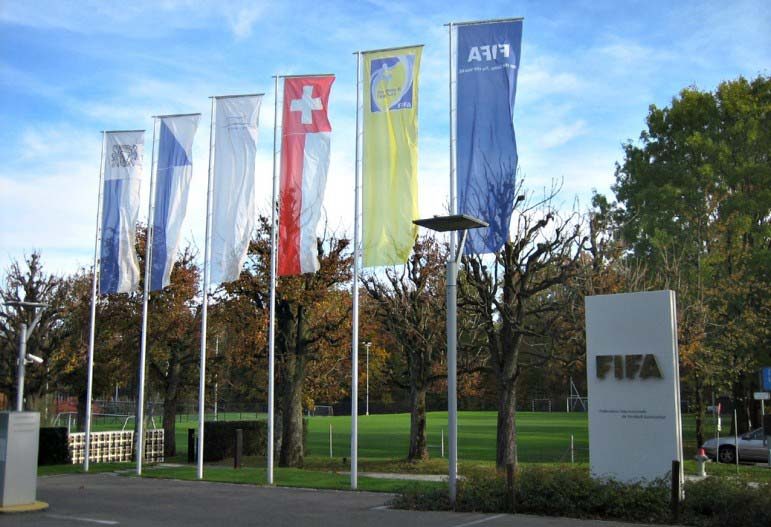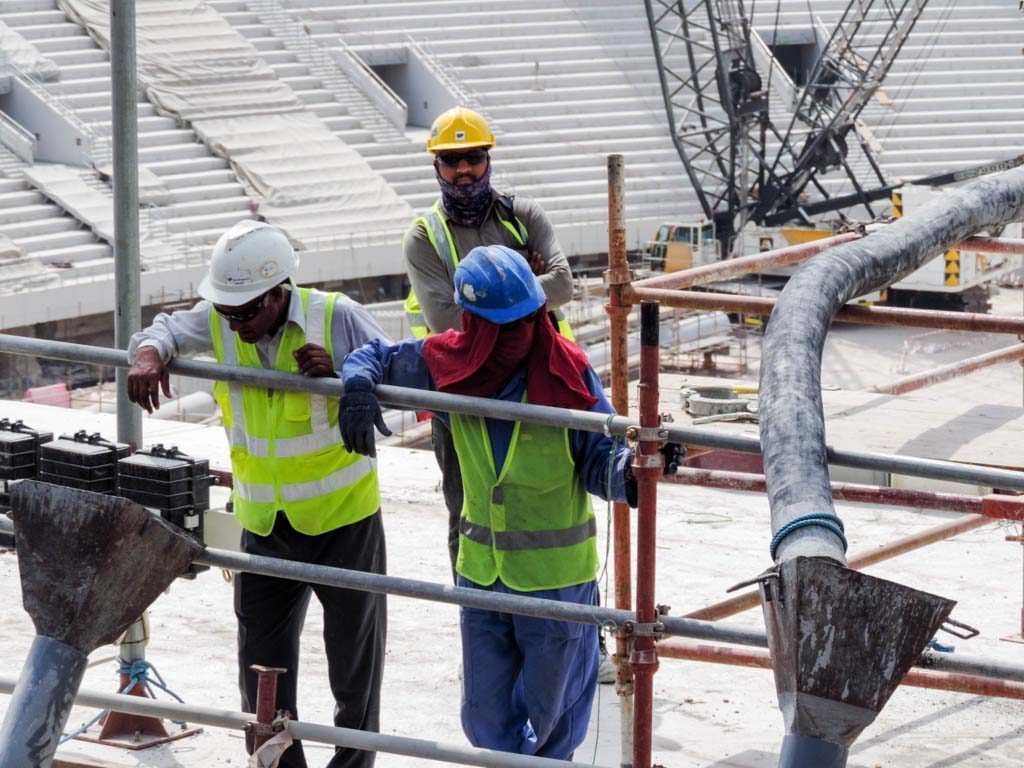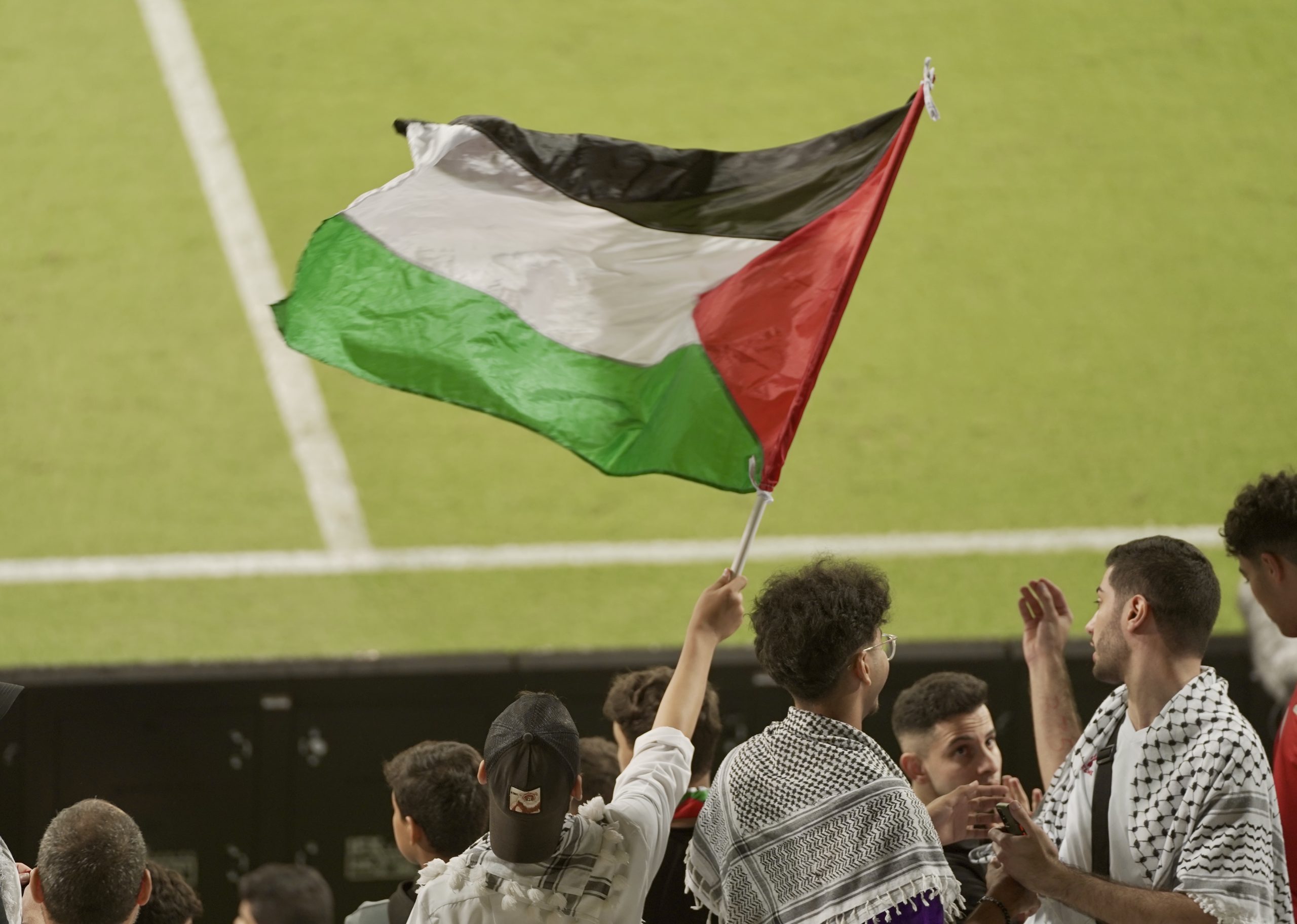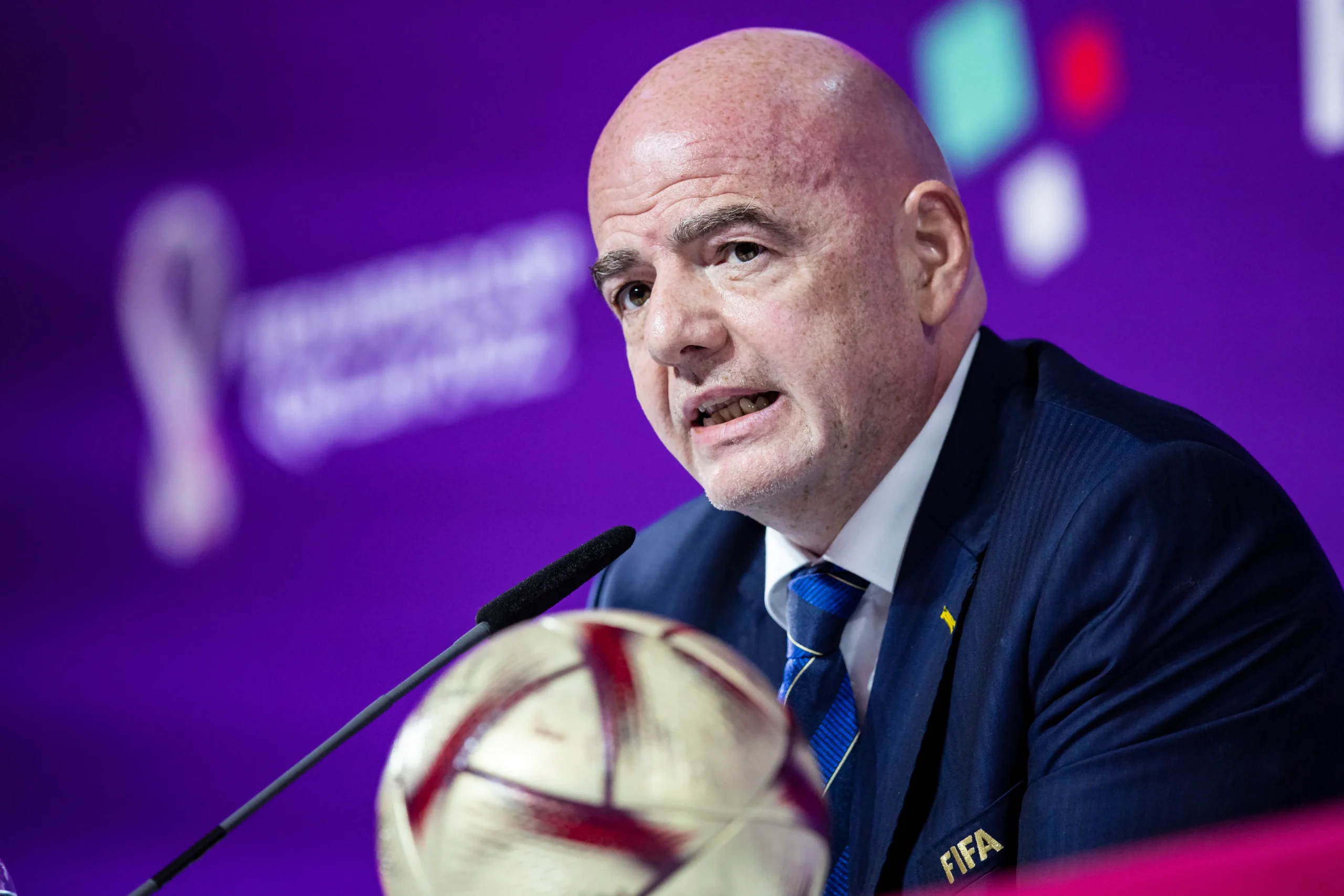
Alluding to the rise of extremist group ISIS and growing anti-Islamic sentiment in some parts of the world, the head of Qatar’s 2022 World Cup organizing committee has said it is “now more necessary than ever” to hold the tournament in the Middle East.
The Supreme Committee of Delivery and Legacy’s (SCDL) Secretary General Hassan Al Thawadi also said that criticism of Qatar as host of the upcoming games has been “particularly intense.”
In remarks published on the SCDL’s website, he said:

“We always expected criticism. There isn’t a single major sporting event in the world that doesn’t go through that journey, but I think ours has been particularly intense.
We became the victim of a campaign that singled out Qatar and our successful bid without any shred of evidence. We’ve had to live with that for five years but there has still been no evidence to suggest our Bid Committee did anything wrong,” Al Thawadi said.
In less than seven years’ time, Qatar will be the first Arab country and the first state in the Middle East to host a World Cup.
Referencing “the global political climate,” Al Thawadi said that holding a global football tournament in the Arab world offers a chance to break down barriers:
“People from all corners of the world will come together on Arab soil, to celebrate and enjoy the world’s greatest sporting event and we consider this a precious opportunity to enhance cultural understanding between people of different cultures and backgrounds, uniting through a shared passion for football.
There is nothing in the world that unites people the way football does. It builds bridges, it brings people closer to each other. When you look at some of the issues the world is facing right now this World Cup has never been more important,” he said.
Ethics and integrity
Addressing the integrity of Qatar’s bid, amid the crisis surrounding FIFA with twin investigations from US and Swiss authorities, Al Thawadi said that Qatar’s preparations have not been affected.
He added that the SCDL has not been contacted by the US Department of Justice or the office of the Swiss Attorney General in relation to those cases.

“We maintain that we conducted our bid ethically and with integrity, strictly adhering to all rules and regulations of the 2018/2022 FIFA World Cup bidding process. What is happening at FIFA is a completely separate issue compared to Qatar’s right to host the World Cup,” he said.
In addition to corruption allegations, Qatar has faced criticism from international media and human rights’ organization over labor rights issues.
Reports often focus on the treatment of low-income expat workers, and the upcoming changes to the country’s controversial kafala sponsorship system, which many argue are not going far enough.
Labor rights
In October, the Emir signed off on new legislation, Law No. 21 of 2015 on the regulation of the entry and exit of expatriates and their residency.
However, the changes, which are supposed to make it easier for some to switch jobs and leave the country, won’t come into effect for another year.
Additionally, the employer will continue to play a significant role in regulating the departure of his employees.

Weighing in on the kafala system, Al Thawadi stressed the need for “sustainable change.” He said:
“No one in Qatar denies these challenges exist, but we must be allowed to find an answer that works for a country which experienced unprecedented economic growth which gave Qatar an immense opportunity but also a great sense of responsibility.
The government recently demonstrated their commitment with the announcement of labor reforms, which shows the determination to use this tournament as a catalyst for social progress. These reforms may not be coming quick enough for some people but our focus is on sustainable change. There will inevitably be a lot of noise surrounding the way those changes are implemented, but Qatar is committed to progressing.”
The official also hit out at what he described as “false claims” that have previously been reported in some media about the loss of life on Qatar’s construction sites, adding: “In more than 14 million man hours worked the SC has not experienced one single fatality on site.”
The sites run by the SCDL are for the construction of the stadiums. Although work on six of these is now underway, most are still in the early stages of being built.
Thoughts?







